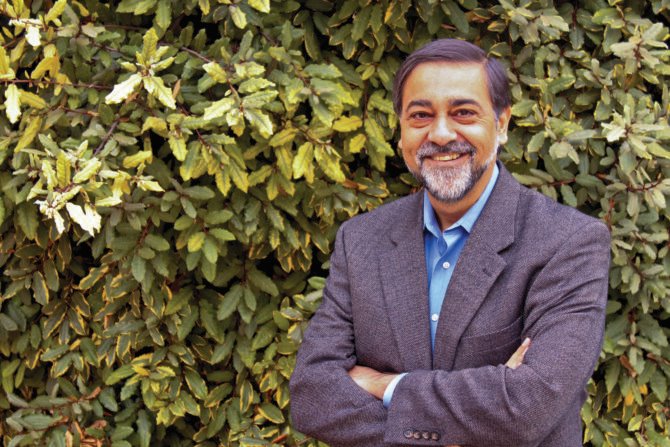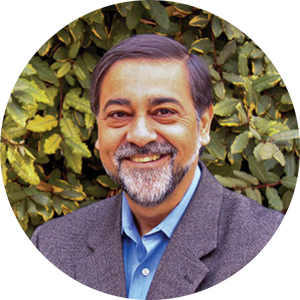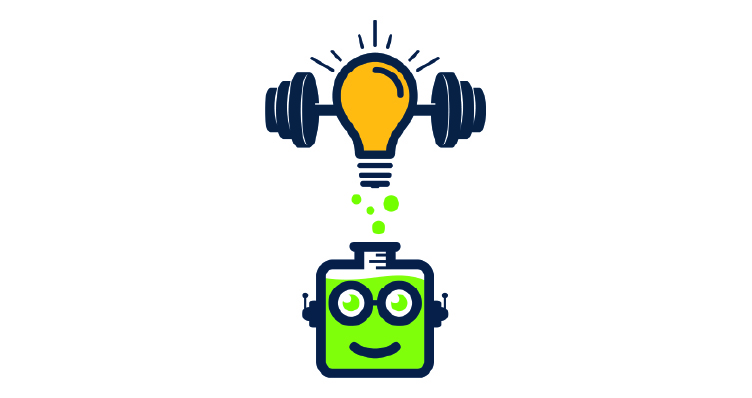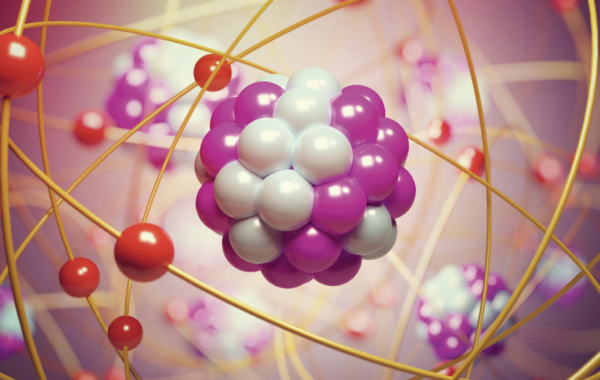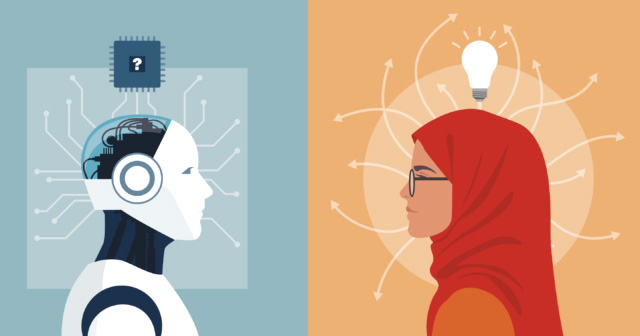AI can become humanity’s guardian angel.
Fear surrounds AI. And that is partly rational – when deployed wrongly, as we risk doing, technology can undermine the human condition. Yet AI can also heal it. Where there is fear, there can be hope.
Imagine the scene in a remote Indian village. A farmer visits the nearest town’s health clinic. He blows into a tube connected to a Vionix analyzer. The device instantly compares the profile of his breath with hundreds of millions of others. An AI, running on the cloud, identifies patterns in the sample. It instantly sends the results to the farmer’s smartphone. It suggests ways of treating the farmer’s condition in a fraction of the time needed by normal health processes.
And time is money. The rapidity of the diagnosis and proposed treatments brings cutting-edge healthcare within reach of the world’s poor. Suddenly the specter of AI becomes a guardian angel, delivering healthcare access to those previously denied it.
I declare an interest – my company is developing technologies that will tap into the diagnostic power of AI. Under the system, any new outbreak of Covid variants, or new diseases that the AI algorithms are trained on, can be retroactively analyzed across the world. Yet diagnostics are far from the only way AI can transform the lives of billions.
India, like much of the world, faces gigantic logistical challenges in delivering high-quality care to its population. The prosaic matter of connecting patients with clinicians remains a major obstacle. It is sometimes a life-threatening one: in more remote areas, patients must travel for days to reach a hospital. Once there, they face staying nearby for days so doctors can perform a variety of tests. The distribution of critical medical supplies to remote locations presents another challenge. Moreover, the profession itself struggles to keep pace with innovations in the field, such is the pace of change.
AI can address all these challenges. The HD Steth is a smart stethoscope developed by Indian company HD Medical, combining AI and integrated electrocardiogram (ECG) technology to provide immediate cardiac insights at the point of care. Visualizations and diagnostics are uploaded to a smartphone. No longer are expensive ECGs required: the technology can be deployed outside traditional healthcare settings. It is already approved for sale in the United States.
India is at the vanguard of AI’s new hope. In a medical emergency, time is critical. For patients involved in serious accidents, particularly those with head injuries, speed of response can make the difference between life and death. Another Indian company, Qure.ai, has developed a system using AI to automatically triage patients based on head and neck CT scans. This allows medical teams to prioritize treatment and surgery more quickly and accurately.
Fear also surrounds drones, which have become a byword for AI’s dark future. The prospect of military units falling into the hands of bad actors is admittedly terrifying, as this column has warned. Yet here too, where there is fear, there can be hope. Drone systems using AI to navigate autonomously are already delivering vital medical supplies in Africa. In India, dozens of startups are developing drone fleets with AI systems capable of maneuvering through complex urban environments and delivering fragile items to their intended recipients.
AI is earning itself a bad press. Some of that is valid. There is much about the march of technology that threatens livelihoods, even potentially threatens lives. Yet every negative future has an equal and opposite positive one. In almost every field where there is data and a big problem to solve, AI can be transformative. Its ability to process and analyze large datasets far exceeds human capabilities, leading to breakthroughs in fields as diverse as medical diagnostics, environmental science, finance, transportation, and public safety.
With the right application, the right management and – crucially – the right people behind it, AI need not destroy the world. It might just save it.
